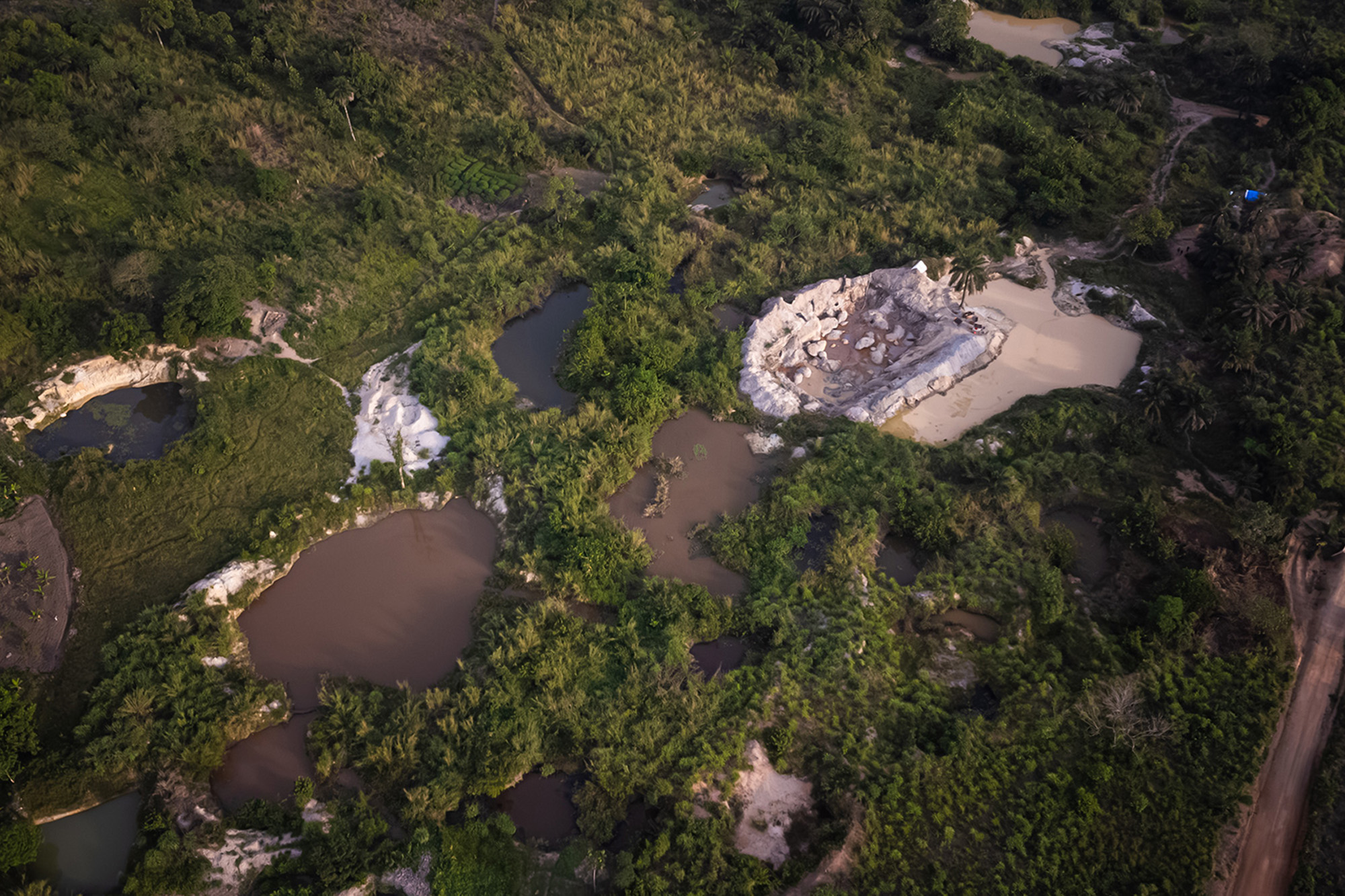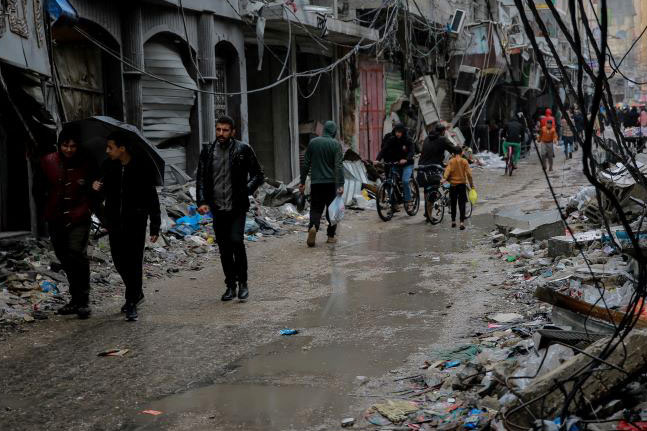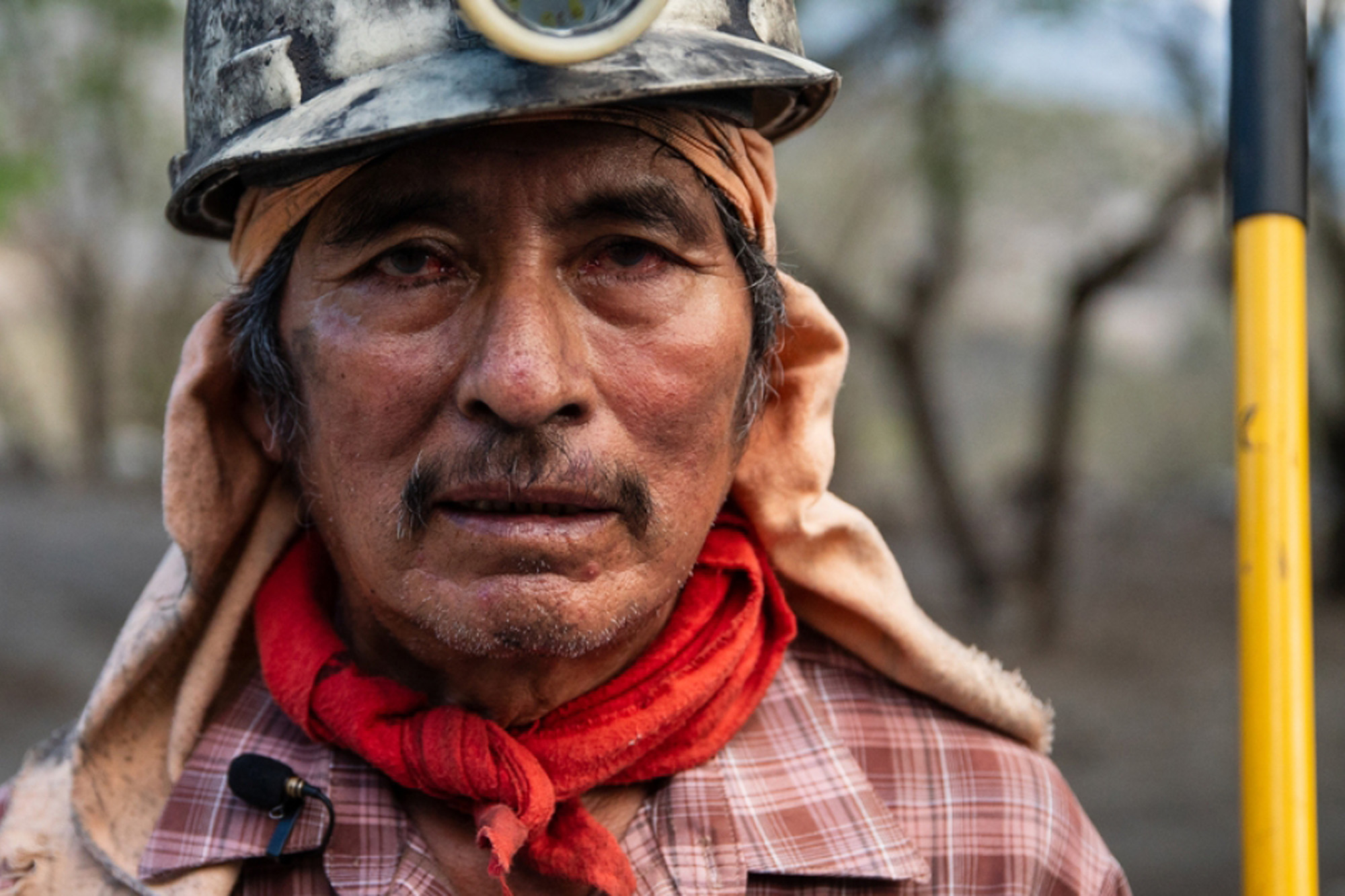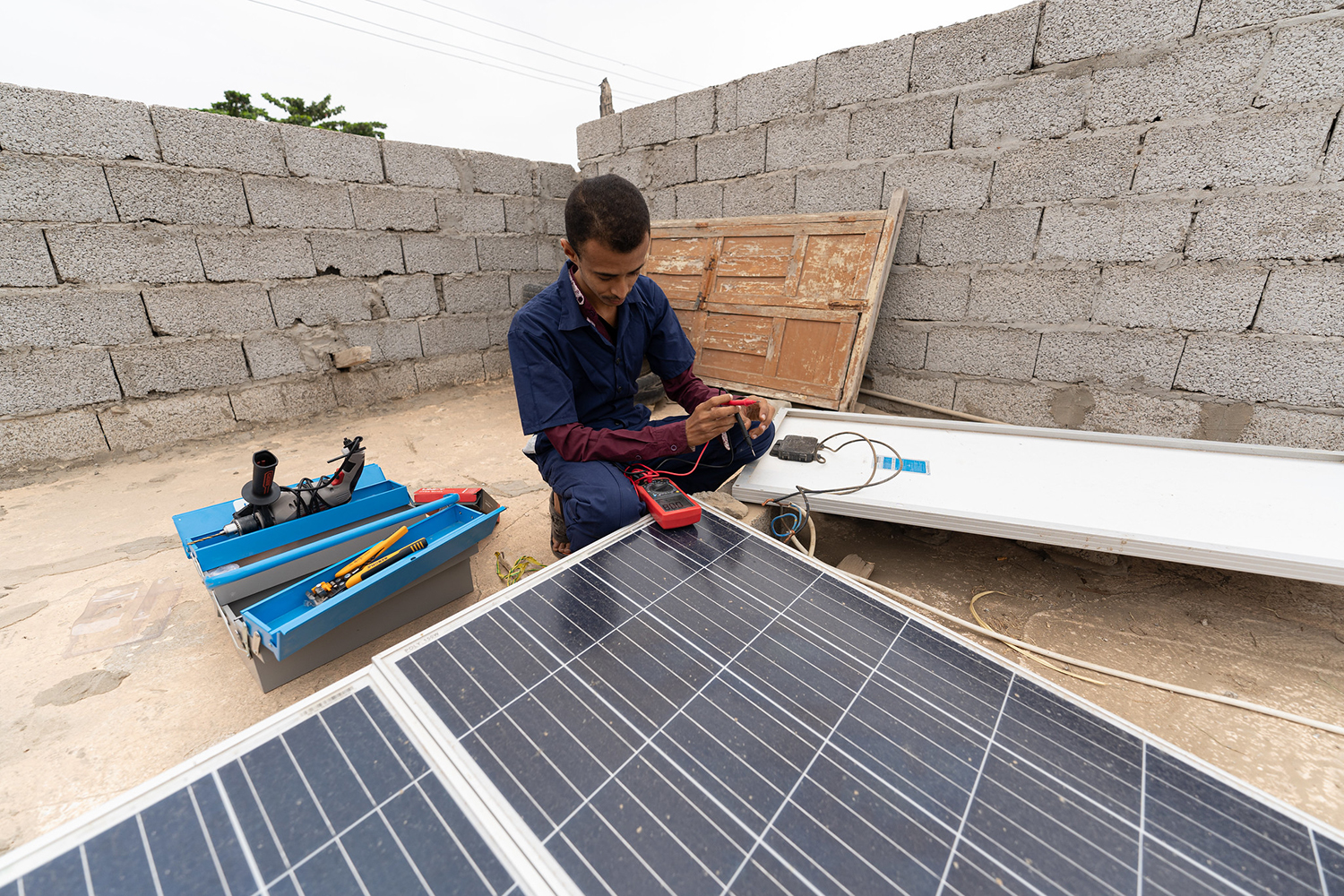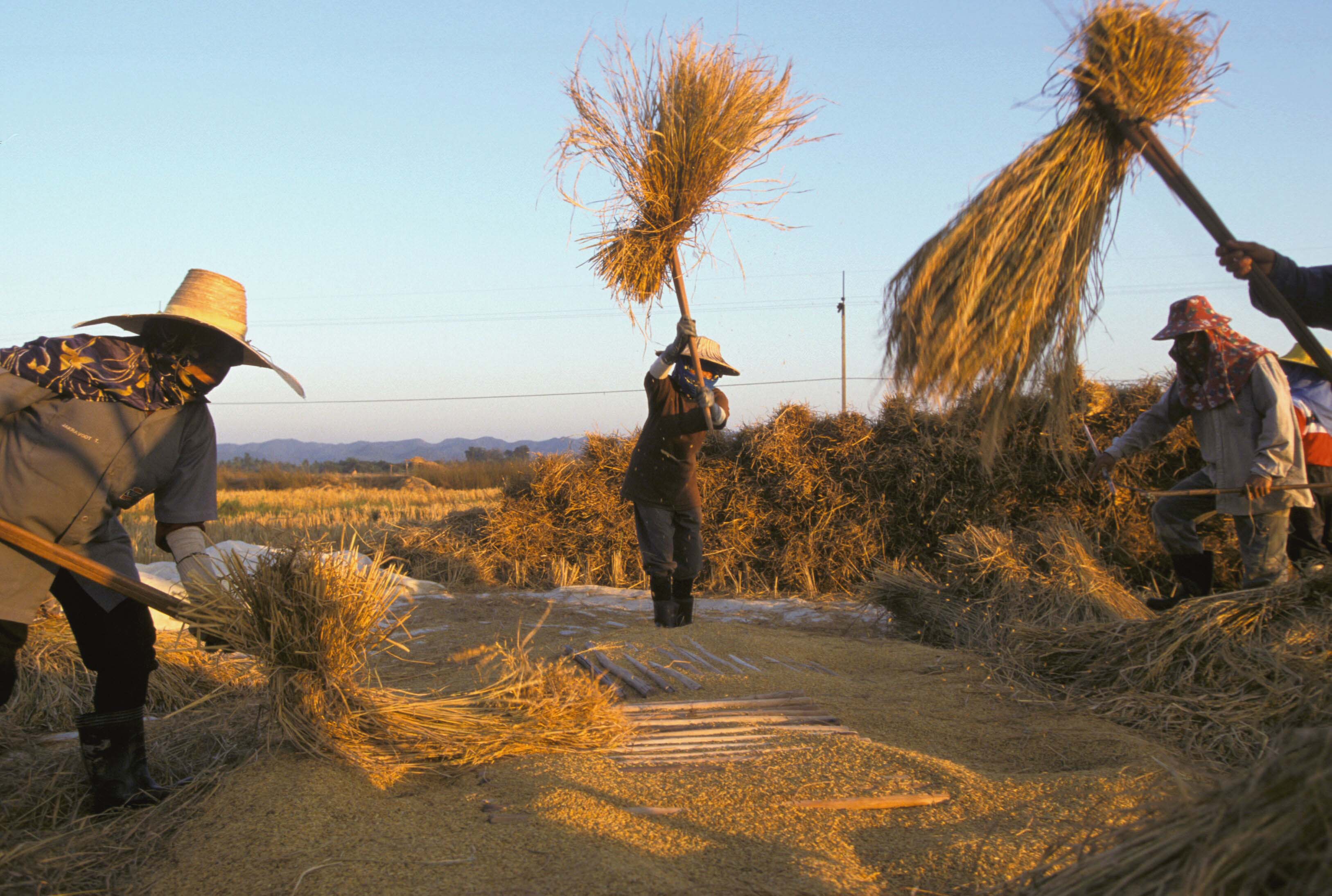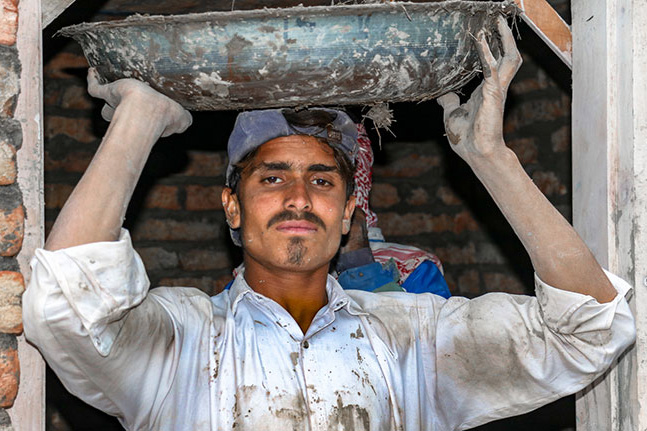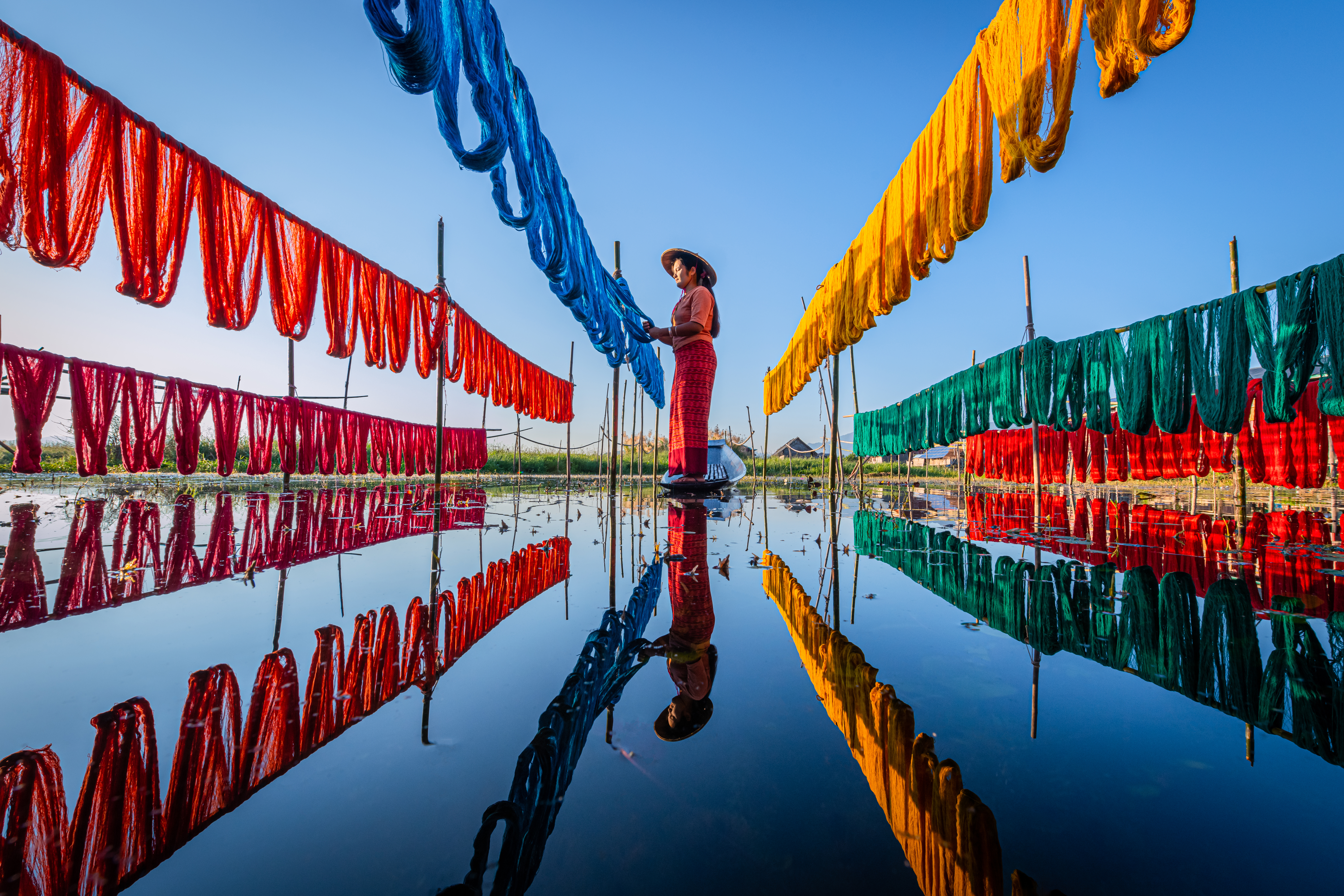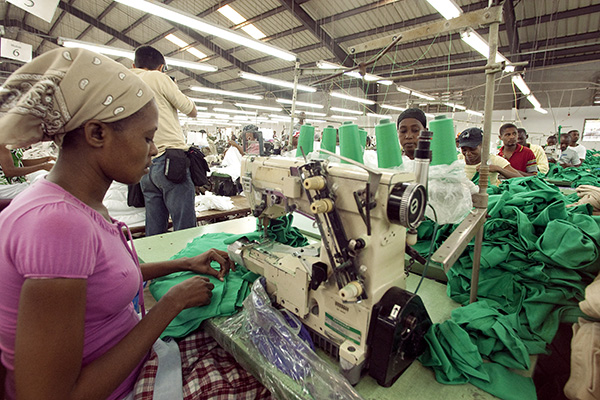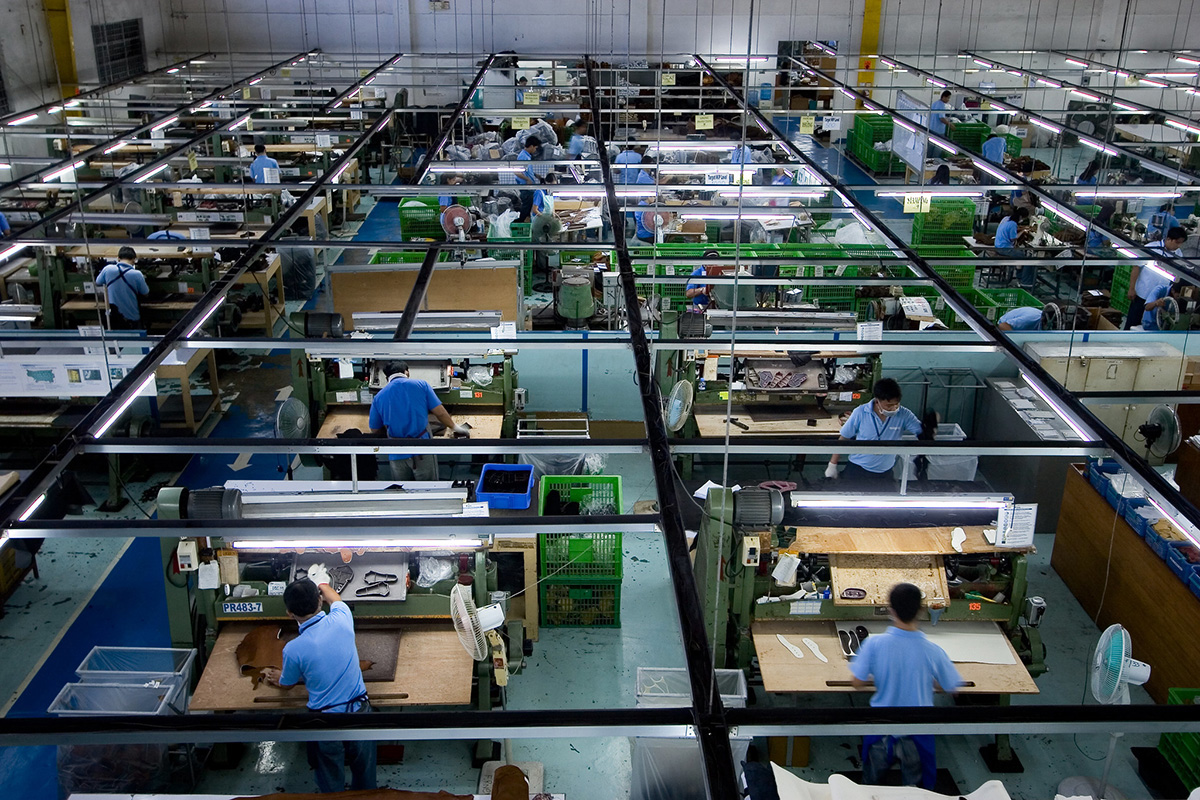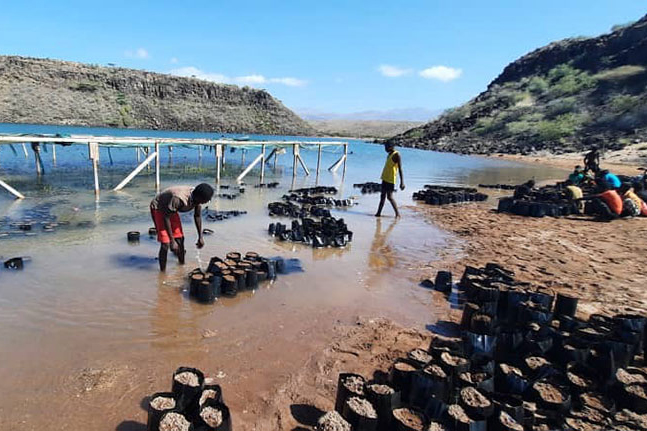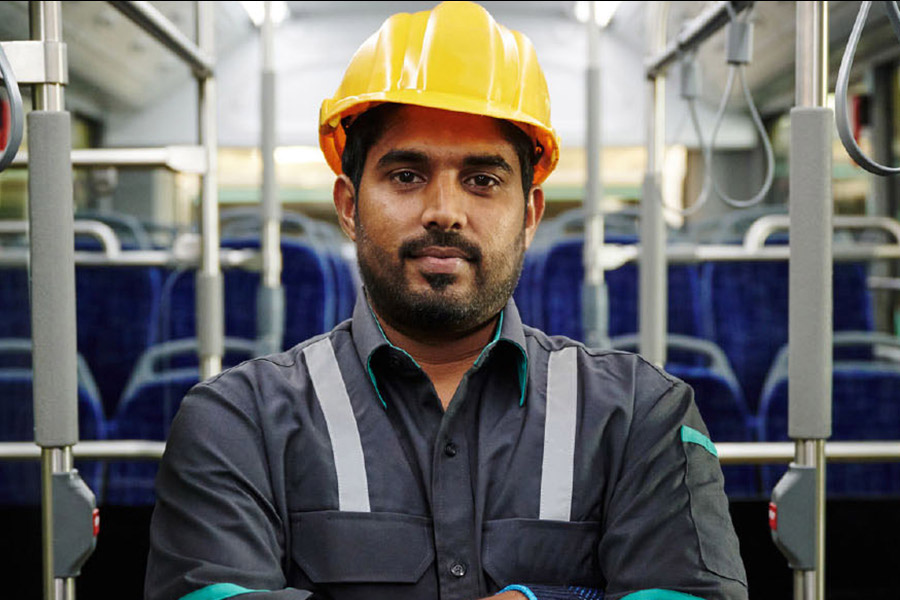Navigating the transition from education to employment is a pivotal moment for young people, but for refugees, this journey is often compounded by significant challenges. With over 50% of refugees being under 25, they face disrupted education, trauma from displacement, limited networks, and the complexities of adapting to new cultures and languages. This not only hinders their personal development but also results in a vast waste of talent for their societies, potentially trapping another generation in dependency cycles.
In this podcast episode, we hear from two inspiring young refugees, Mashimbo Rose Nafisa and Joel Amani Mafigi, who have not only overcome these hurdles but have also dedicated their careers to empowering fellow young refugees. Their advocacy extends to the global stage, as they prepare to attend the United Nations Economic and Social Council Youth Forum in New York, where they will champion better work opportunities for young refugees on an international platform.


